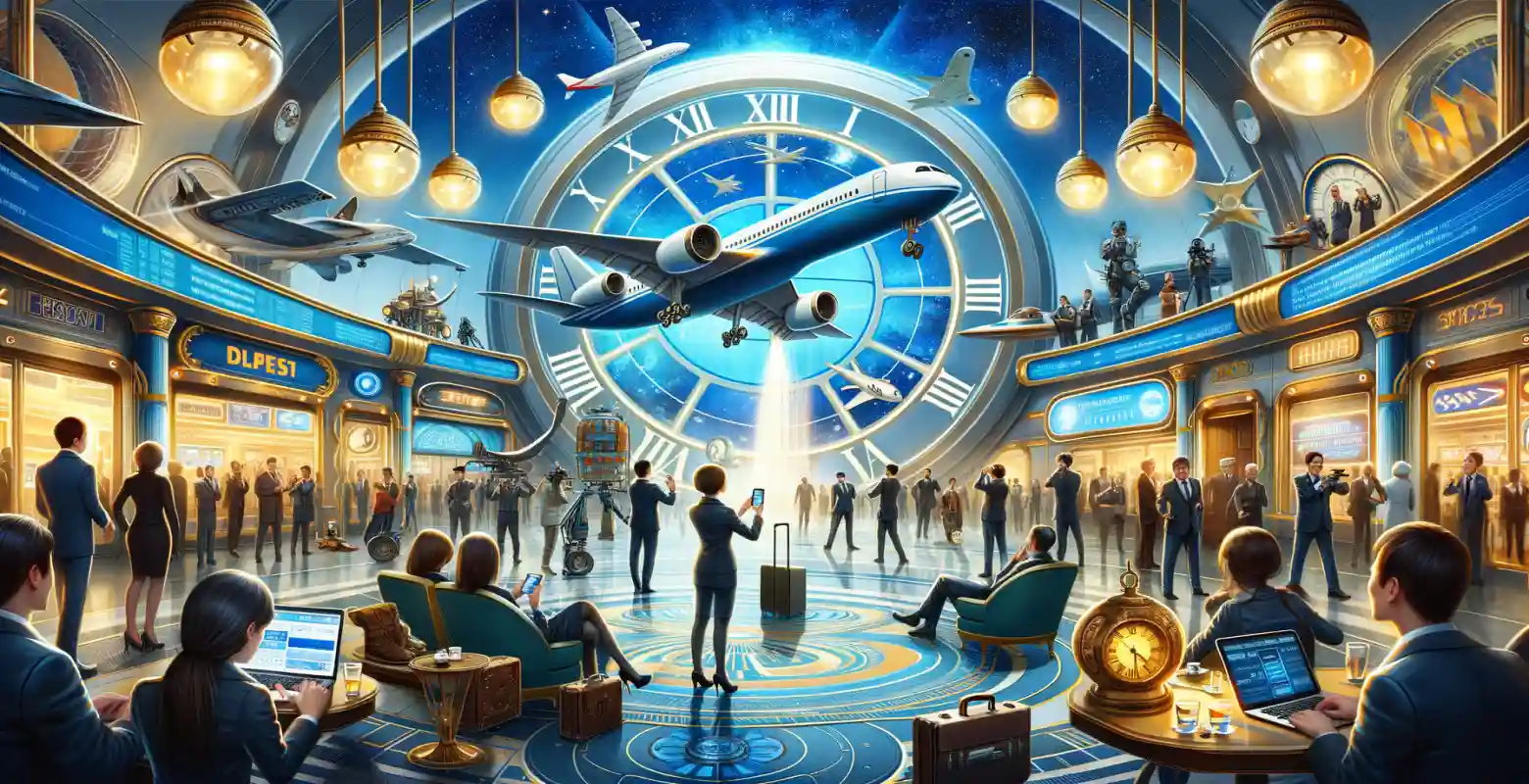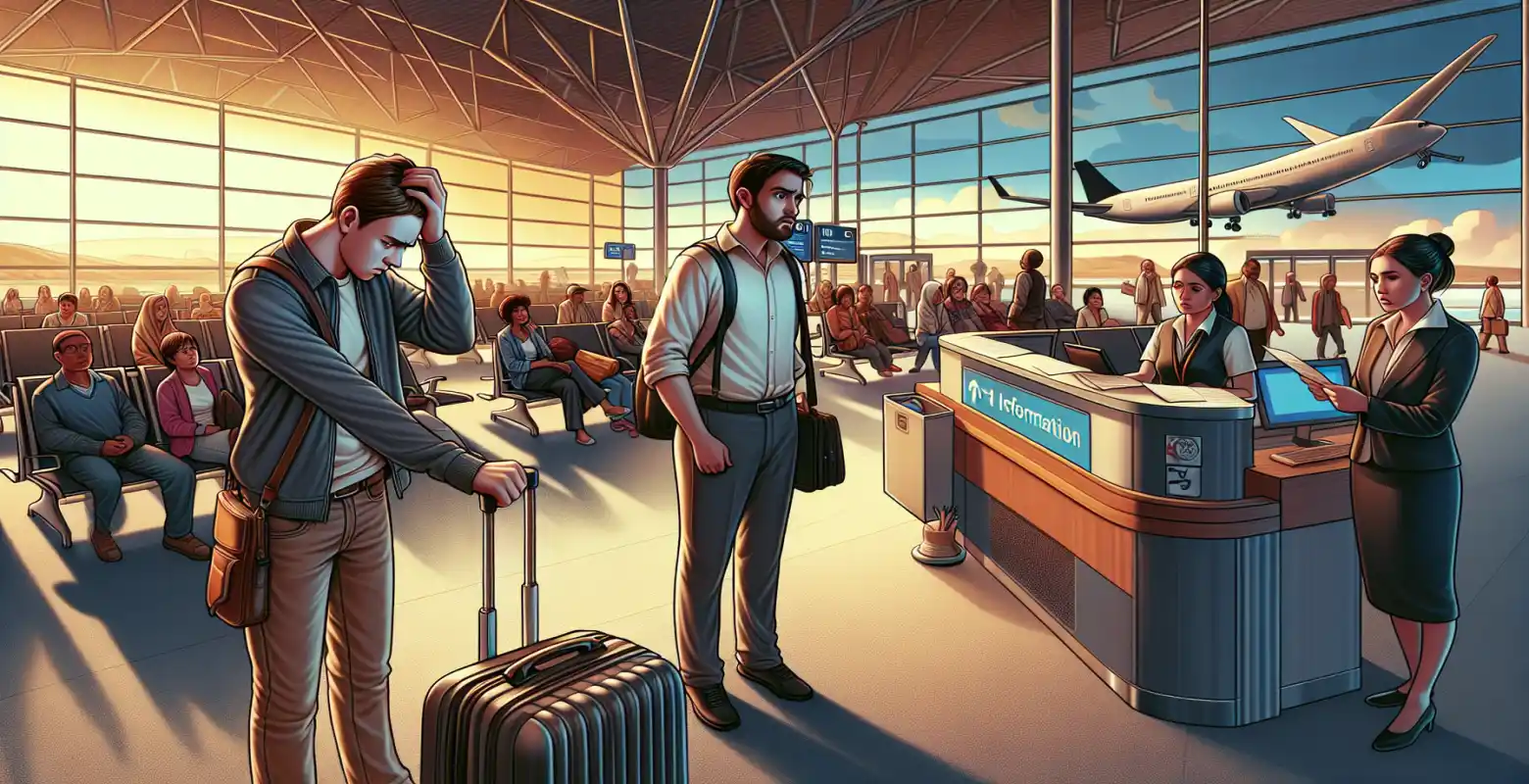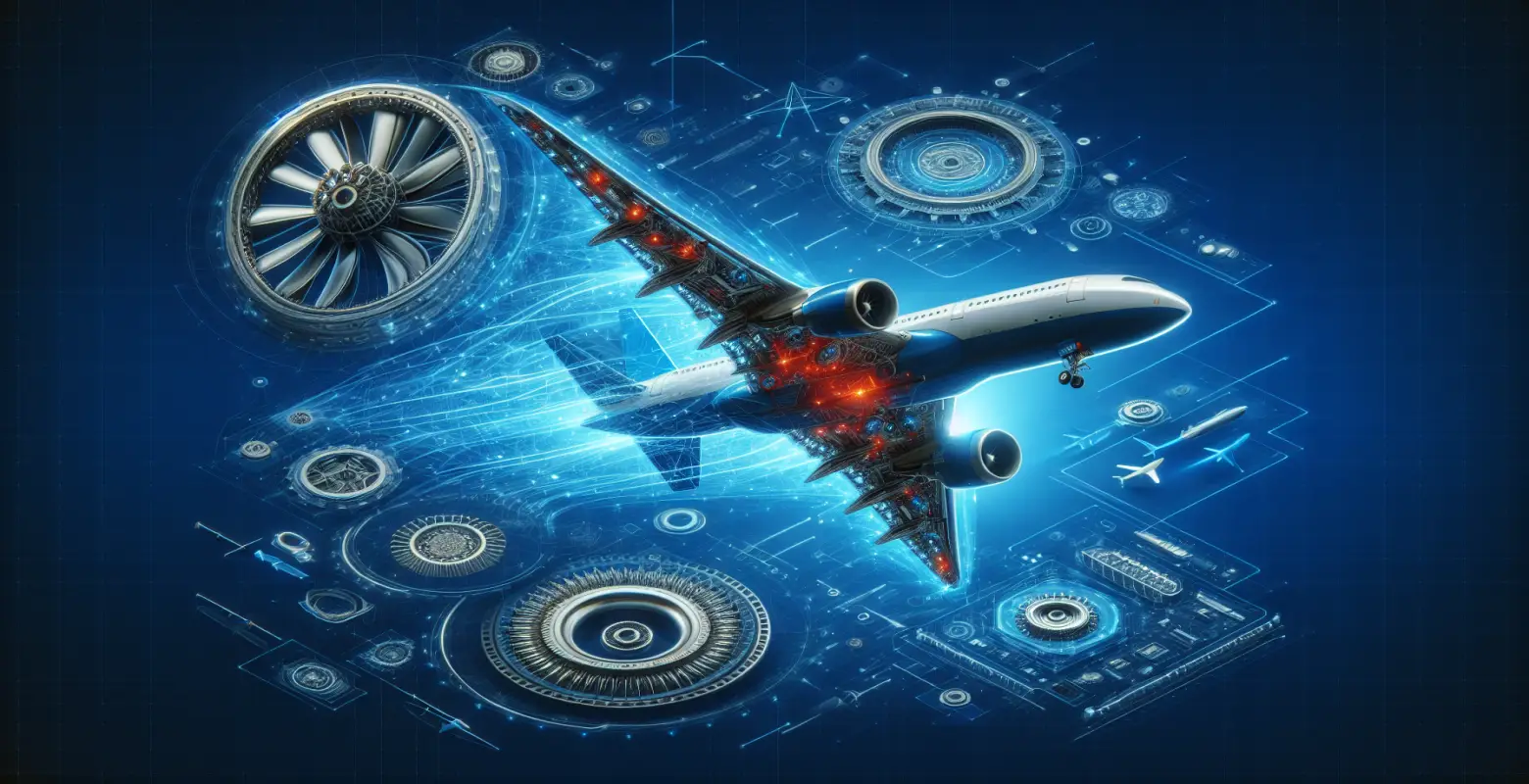The most important aviation events in 2025
Introduction
The year 2025 brings many exciting events in the aviation industry that have the potential to transform the way we think about travel and aviation technology. As the world emerges from the global challenges posed by the pandemic and the economic landscape evolves, aviation becomes a key element in the rebuilding and development of global mobility. In this blog, we will analyze the most important aviation events of 2025, focusing on key innovations, technologies, and policies shaping the future of this dynamic industry.
Technological Innovations in Aviation
Development of Electric Aircraft Technologies
One of the most exciting trends in aviation is the development of electric aircraft. In 2025, several companies, including Airbus and Boeing, have announced tests of their prototypes on a larger scale. These aircraft aim to reduce carbon dioxide emissions, which is crucial in the context of global efforts towards sustainable development. The introduction of commercial electric aircraft to the market can significantly reduce operational costs and contribute to the greening of aviation.
Autonomous Aviation Systems
The technology of autonomous aviation systems is developing rapidly. In 2025, we are witnessing the introduction of the first commercial flights using next-generation autopilot technology, which minimizes the need for human intervention. These systems use artificial intelligence to analyze data in real-time, enhancing the safety and efficiency of flights.
Regulatory Changes and Policies
New Regulations for Sustainable Development
In 2025, many countries have introduced new regulations aimed at reducing aviation emissions. The European Union and the United States have adopted ambitious goals that require airlines to adhere to strict norms regarding CO2 emissions. Governments are also promoting the development of biofuels as alternatives to traditional aviation fuels.
Safety and Security
Policy changes also affect aviation safety. The introduction of more advanced scanning and monitoring technologies at airports aims to increase passenger safety while minimizing inconveniences associated with security checks.
New Routes and Infrastructure Development
Expansion into Asian Markets
2025 is a period of intensive development in the aviation market in Asia. Airlines from this region are opening new routes between Asia and the rest of the world in response to the growing demand for international travel. In particular, China and India are investing in expanding airport infrastructure to meet the increasing number of passengers.
Airport Development and Logistics Hubs
The global growth in air traffic necessitates the development of existing airports and the construction of new ones. In 2025, we see the opening of new logistics hubs aimed at streamlining the transportation of goods worldwide. Modern airports are equipped with smart technologies that improve operational efficiency and passenger comfort.
Trends in Travel and Passenger Experiences
Service Personalization
Airlines are increasingly investing in technologies that enable the personalization of passenger experiences. In 2025, travelers can use mobile applications that offer personalized offers and services at every stage of the journey. Through data analysis and artificial intelligence, airlines can better understand the needs of their customers.
Comfort and Entertainment Onboard
Modern aircraft are equipped with the latest technologies to provide comfort and entertainment onboard. In 2025, VR systems are gaining popularity, offering passengers new ways to spend their time during flights. Additionally, improved air conditioning systems and comfortable seating significantly enhance the travel experience.
Challenges and the Future of Aviation
Climate Change and Ecology
One of the biggest challenges for the aviation industry in 2025 is responding to climate change. Airlines are under pressure to find ways to reduce their carbon footprint. Investments in sustainable development technologies and fleet electrification are becoming a priority.
Cybersecurity
With the increasing digitization of the aviation industry, the risk of cyberattacks is also rising. In 2025, airlines are focusing on strengthening their cybersecurity systems to protect passenger data and ensure operational continuity.
Conclusion
The year 2025 is a pivotal moment for the aviation industry, full of innovations and challenges. The introduction of new technologies, regulatory changes, and infrastructure development aim to transform the way we travel and think about aviation. The key events of this year show that the industry is moving towards sustainable development and greater service personalization, while also facing challenges related to safety and climate change. For travelers and professionals in the aviation industry, the coming years will bring many new opportunities and challenges that will shape the future of global mobility.






Number of comments: 0